April 28, 2008 By SHAILA KOSHY
Physical presence is needed for the usual voice vote. But now, a fellow MP shouting louder to compensate for an absent voice is not going to cut it any more.
STAND up and be counted, that will be the message constantly drummed into the minds of Members of Parliament of both the Barisan Nasional and Pakatan Rakyat. Their physical presence is crucial after the Yang di-Pertuan Agong opens the 12th Parliament tomorrow.
The presence of BN MPs or backbenchers is vital to ensure the Bills the Government tables are passed or Standing Order 46(4) could be used by the Opposition to scupper government Bills and motions.
Physical presence is needed for the usual voice vote. But now, a fellow MP shouting louder to compensate for an absent voice is not going to cut it any more.
“It may be possible that when a Bill is going to be passed, there are more Opposition MPs than backbenchers,” says Minister in the Prime Minister’s Department Datuk Seri Nazri Aziz.
“After the “ayes” and “noes” have been taken, it is certainly open to any one of them, if they are dissatisfied with the result announced by the Chair, to call for a division of votes under Order 46(4).
“If 15 or more members support the call, the division will be taken after the bell has been rung for two minutes to allow MPs elsewhere in the building the opportunity to return to the Dewan to state their vote,” said the Minister in charge of Parliament, who adds that he will be cracking the Whip to surmount the problem of absenteeism.
Just like in school, there will be “monitors” to check against truancy and indiscipline (use of offensive and unparliamentary language).
Apart from the calling for a division of votes, the two other most important Standing Orders in the Dewan Rakyat this Parliament, with Barisan Nasional having only a simple majority and so many new MPs, will be those calling for quorum and asking for clarification.
Standing Order 13(2) on quorum will be the one that the Opposition will be using to embarrass the Barisan government and leadership.
Previously, it was quite a common sight to see members relaxing in the MPs lounge or chatting in the canteen cut their conversations in mid-sentence, leave their teh tarik and kuih and make an Olympic-like dash back into the House when the bell for quorum is rung.
According to Order 13(3-4), the Chair is obliged to adjourn the sitting until the next sitting day, if there is no quorum two minutes after the summons was made.
Although the number of members has increased from 216 to 222, the quorum remains 26 as long as there is no amendment.
And since the Opposition make up 82 this time to Barisan’s 140, of whom only 79 are backbenchers, the latter cannot afford to play truant or the day’s sitting could be adjourned after just two hours, wasting the taxpayers’ hard-earned monies and drawing ire from the Whip and the public.
In previous Parliaments, a few Backbenchers have resorted to the same order towards the end of the day’s sitting when an Opposition MP is trying to table a motion to adjourn the sitting to discuss a matter. They can also do it this time if Opposition MPs decide to play truant.
An oft-cited order by Opposition MPs is Standing Order 18(1) by which members ask for leave to move for an adjournment of the day’s business to discuss a definite matter of urgent public importance.
An MP wishing to move a vote of no confidence might be able to use this. However, the Chair will only allow the motion if he is satisfied that all three criteria – definite, urgent and public importance – have been met.
With so many MPs in the House of Representatives, those wanting to debate or ask supplementary questions may find they will have to be wily as well as knowledgeable of the Standing Orders to catch the eye/ ear of the Chair.
An important one to know is Order 37 as it prescribes how and for what purposes interruptions may be allowed.
Under 37(1)(a), a member who wants to raise a point of order must rise in his place, direct attention to the point and submit it to the Chair for decision; and 37(1)(b) states that an MP may seek clarification on some matter raised by the member speaking, if the Chair has called on the member wishing to interrupt and provided that member is willing to give way.
Subscribe to:
Post Comments (Atom)
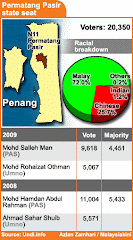

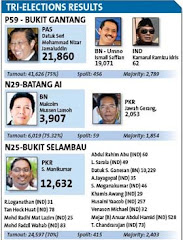

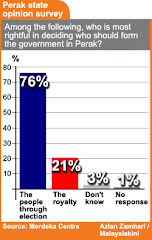
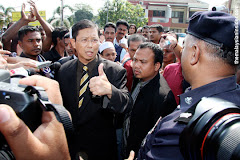
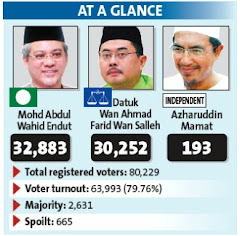
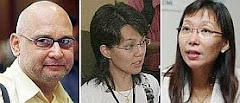

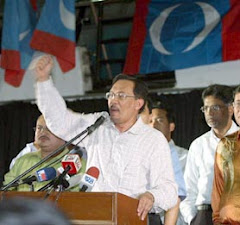
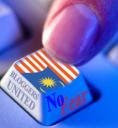
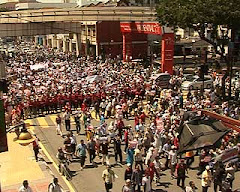

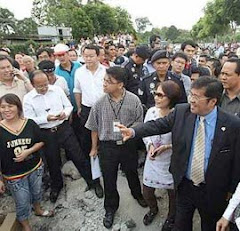
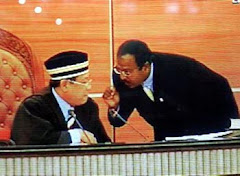


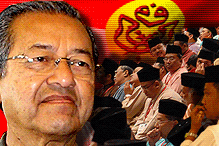
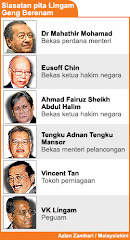
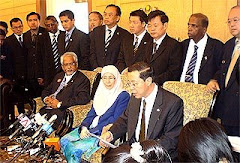
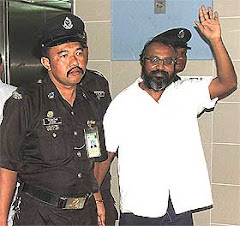
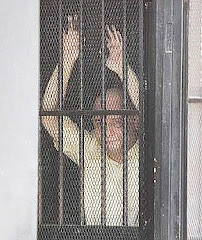
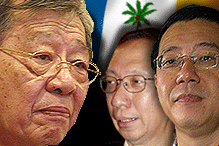

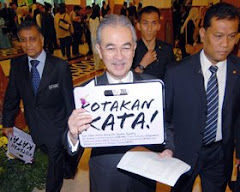
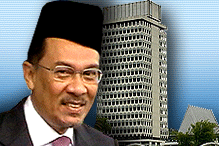
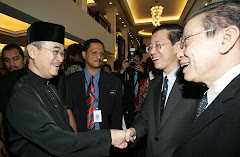






No comments:
Post a Comment